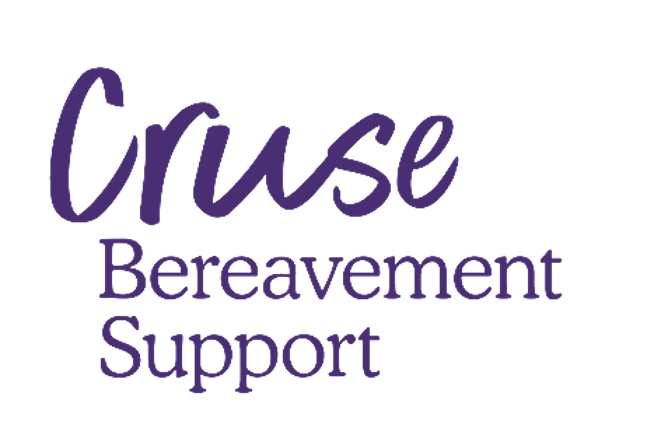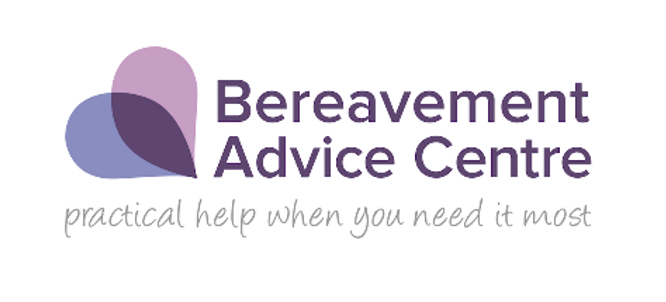I've been told I need to apply for Probate. What is it?
Applying for Probate
Before you can deal with the person’s estate and distribute assets to beneficiaries, you may need to apply for probate.
Probate is the legal right to deal with someone’s property, money and possessions (their ‘estate’) when they die.

When do you need Probate?
You typically need Probate if the person who died owned property, had significant savings, or other investments in their sole name.
However, you may not need Probate if the estate is small (usually under £5,000) or if assets were held jointly, as these will automatically pass to the surviving co-owner.


When do you need Probate?
You typically need Probate if the person who died owned property, had significant savings, or other investments in their sole name.
However, you may not need Probate if the estate is small (usually under £5,000) or if assets were held jointly, as these will automatically pass to the surviving co-owner.
How to apply for Probate
Not all estates require Probate. Check with the banks, financial institutions, or organisations where the deceased held accounts to see if Probate is necessary.
This involves calculating the total value of the deceased’s assets and any debts owed. You will need accurate valuations to complete the Probate application.
In England and Wales, you will need to fill out form PA1P if there is a will, or form PA1A if there is no will.
Send your application form, the original will (if there is one), the death certificate, and the required fee to the Probate Registry.
As of 2024, the fee is £273 for estates valued over £5,000, and there is no fee for estates valued under £5,00.
If the estate’s value exceeds the inheritance tax threshold, currently £325,000, you will need to pay some or all of the tax due before probate is granted.
You can often pay from the deceased’s bank accounts directly.
For more detailed information visit GOV.UK.
If your application is approved, you will receive a grant of Probate (or letters of administration if there is no will), which gives you the legal authority to manage and distribute the estate according to the will or the rules of intestacy.
Things you should be aware of
-
Potential Delays and Issues Be aware that probate can take several months to be granted, especially if the estate is complex or there are disputes among beneficiaries. Common delays include missing documents, disputes over the will, or complications with valuing assets.
-
I’ve Got Probate. What’s next? Once you have Probate, you can start to settle the deceased’s debts, pay any remaining taxes, and distribute the remaining assets to beneficiaries. Keep detailed records of all transactions to ensure transparency and avoid potential disputes.
Frequently Asked Questions
Probate is the legal process of managing and distributing a deceased person’s estate. It grants the executor or administrator the authority to handle the deceased’s assets.
robate is necessary to ensure the estate is distributed according to the deceased’s wishes or the law.
You typically need probate if the deceased owned property or had significant assets solely in their name.
You may not need probate if the estate is small (usually under £5,000) or if assets were jointly owned, as these automatically pass to the surviving co-owner.
As of 2024, the probate application fee is £273 for estates valued over £5,000.
There is no fee for estates valued under £5,000. Additional costs may include solicitor fees if you choose to hire legal assistance.
Yes, you can apply for probate without a solicitor. However, if the estate is complex or if there are disputes, it may be beneficial to seek legal advice to ensure the process is handled correctly.



